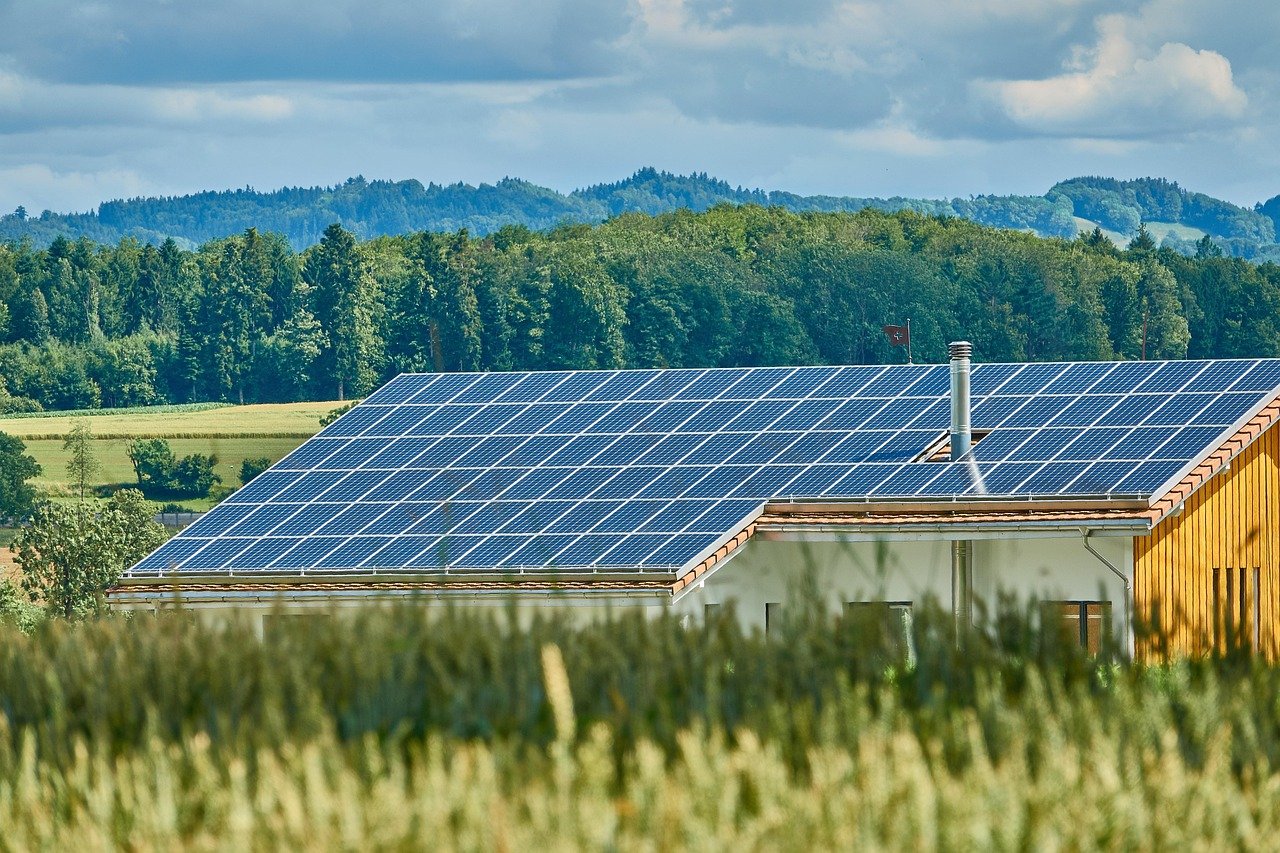Starting a business doesn’t have to drain your savings. With the right strategy, mindset, and local knowledge, you can launch a thriving venture without needing millions of kwacha. If you’re wondering how to start a small business with low capital in Zambia, this is your ultimate guide to doing it smartly, legally, and sustainably in 2025.
Whether you’re a young dreamer in Lusaka, a stay-at-home parent in Ndola, or an unemployed graduate in Kasama or Shiwang’andu, this article equips you with practical ideas, tools, and insights to help you succeed — even on a tight budget.
1. Introduction: Starting Small, Thinking Big
Many of today’s most successful Zambian businesses began with humble beginnings — a street cart, a backyard garden, a small table at Soweto Market. Starting small not only limits risk, but also teaches invaluable lessons about resilience, frugality, and customer satisfaction.
Key takeaway: Capital is only one resource — your creativity, grit, and vision are often more valuable.
2. Why Zambia Is Ripe for Small Businesses
Zambia is one of Southern Africa’s most entrepreneurial nations. Here’s why:
-
High Demand for Local Products: From tomatoes to tailoring, there’s a strong market for affordable, quality local goods.
-
Mobile Money Penetration: MTN MoMo, Airtel Money, and Zamtel Kwacha have made it easy to trade cash-free.
-
Government Support: Agencies like CEEC, ZDA, and PACRA are actively promoting SME growth.
-
Growing Youth Population: The average age in Zambia is 17 — this means a huge market for youth-centered services and products.
3. Best Low-Cost Business Ideas in Zambia (2025 Edition)
Here are proven business models you can start with minimal capital:
a. Mobile Airtime & Data Reselling
-
Startup Cost: ZMW 100–500
-
Tools Needed: Basic phone with SIM, mobile wallet
-
Why It Works: Everyone needs airtime and data, and mobile penetration is high.
b. Food Vending (Nshima, Snacks, or Street Food)
-
Startup Cost: ZMW 300–1,000
-
Tools Needed: Charcoal stove, basic cookware
-
Profit Margin: High, especially near bus stops, schools, or work zones
c. Home-Based Hair Salon or Barber Shop
-
Startup Cost: ZMW 800–2,000
-
Tools Needed: Clippers, mirror, chair, small tent or room
-
Niche Tip: Offer styles for children or budget-friendly services
d. Farming on a Small Plot (Tomatoes, Greens, Onions)
-
Startup Cost: ZMW 500–2,000
-
Tools Needed: Basic tools, seeds, watering can
-
Scalability: Can grow from backyard to full-scale operation
e. Reselling Second-Hand Clothes (Salaula)
-
Startup Cost: ZMW 800–1,500
-
Where to Buy: Wholesale salaula from Soweto or COMESA Market
-
High ROI: Sell at markets or via WhatsApp
f. Mobile Phone Repairs or Accessories
-
Startup Cost: ZMW 1,000–2,000
-
Tools Needed: Screwdrivers, repair kit, cheap stock of phone covers or chargers
-
Revenue Stream: Repair + sales
g. Content Creation / Social Media Marketing
-
Startup Cost: ZMW 0–1,000
-
Tools Needed: Smartphone, free Canva account
-
Earn via: Promoting local businesses, affiliate marketing, YouTube monetization
Meanwhile, you can also check out our guide on: What Businesses Are Profitable in Zambia? A 2025 Guide to Smart Investment Opportunities
4. Step-by-Step Guide: How to Start a Small Business with Little Money
Step 1: Identify a Real Problem or Gap
-
Look around your community. What are people complaining about?
-
What do they need, not just want?
-
Do they travel far for certain products or services?
Step 2: Choose a Simple Business Model
Focus on:
-
Low startup cost
-
High turnover
-
Frequent, repeat purchases
Step 3: Start with What You Have
-
Convert your sitting room into a tailoring area
-
Use your smartphone to sell online
-
Offer a service (cleaning, tutoring, cooking) before investing in stock
Step 4: Use Free Tools and Digital Platforms
-
Promote via Facebook Marketplace, WhatsApp groups, and TikTok
-
Use Google Forms for orders and Canva to make posters
-
Track income using free Excel templates or Zoho Books
Step 5: Reinvest Every Kwacha
-
Don’t rush to buy a new phone or flashy clothes
-
Plow profits back into the business (better packaging, more stock, equipment)
5. How to Register a Small Business in Zambia
Even with low capital, registration is important if you want to grow:
Register as a Sole Trader with PACRA:
-
Cost: ZMW 100–300
-
Process:
-
Reserve your business name online at www.pacra.org.zm
-
Fill out Form 3
-
Get your Certificate of Business Name
-
Why Register?
-
Access to funding
-
Professional credibility
-
Legal protection
Meanwhile, you can also check out our guide on: How to Register a Business in Zambia: A Complete Step-by-Step Guide for Aspiring Entrepreneurs
6. Finding Low-Capital Funding or Free Resources
Even if your capital is limited, these sources can help:
a. CEEC Empowerment Funds
-
For youth, women, and rural entrepreneurs
-
Apply at www.ceec.org.zm
b. NAPSA Pre-Retirement Partial Withdrawals
-
You can use your 20% withdrawal for a startup
-
Visit your nearest NAPSA office for eligibility
c. NGOs and Cooperatives
-
Many offer microgrants and training for small business owners
-
E.g., Village Banking, Self-Help Africa, or VisionFund Zambia
7. Using Mobile Money and Digital Tools to Operate Lean
Save costs by avoiding unnecessary banking fees:
-
Accept payments via MTN MoMo, Airtel Money, and Zamtel Kwacha
-
Use WhatsApp Business for customer interaction and catalog sharing
-
Try SellyCash, Zoona, or Shopify Lite if you’re selling online
Pro Tip: You don’t need a website to start — a well-managed Facebook page works wonders.
Meanwhile, you can also check out our guide on: What Businesses Are Profitable in Zambia? A 2025 Guide to Smart Investment Opportunities
8. Common Mistakes to Avoid
Avoid these traps:
-
Trying to look big too soon: Don’t rent a fancy shop when a backyard will do.
-
Borrowing too early: Avoid loans until your business is stable.
-
No record-keeping: Always track your sales, stock, and expenses.
-
Not reinvesting: Don’t eat your seed capital — grow it.
9. Real Stories: Zambian Entrepreneurs Who Started Small
Maria, 26, Lusaka (Nshima + Chicken Plate Seller)
Started with a ZMW 700 charcoal stove and cooler box. Now feeds 200 customers a day. She uses Airtel Money for payments and TikTok to promote her dishes.
Chanda, 31, Kitwe (Salaula Vendor)
Began by buying a bale with borrowed ZMW 1,000 from her sister. Now supplies three other vendors in her township. Her profit doubled when she learned to wash and repackage clothes neatly.
Kelvin, 23, Ndola (Freelance Graphic Designer)
Had zero capital — used a friend’s laptop, free Canva tools, and his WhatsApp network. Within a year, he bought his own gear and trained two other youths.
10. Final Thoughts: Small Doesn’t Mean Weak
Starting a small business with low capital in Zambia is not only possible — it’s powerful. In a country where youth unemployment is high, small-scale entrepreneurship can be your gateway to financial freedom, self-fulfillment, and community impact.
You don’t need a huge loan, imported equipment, or flashy branding to start. All you need is:
-
A genuine need you can solve
-
A tiny bit of startup capital
-
A commitment to learning and growing
Remember: You can start small — just don’t stay small.








0 Comments